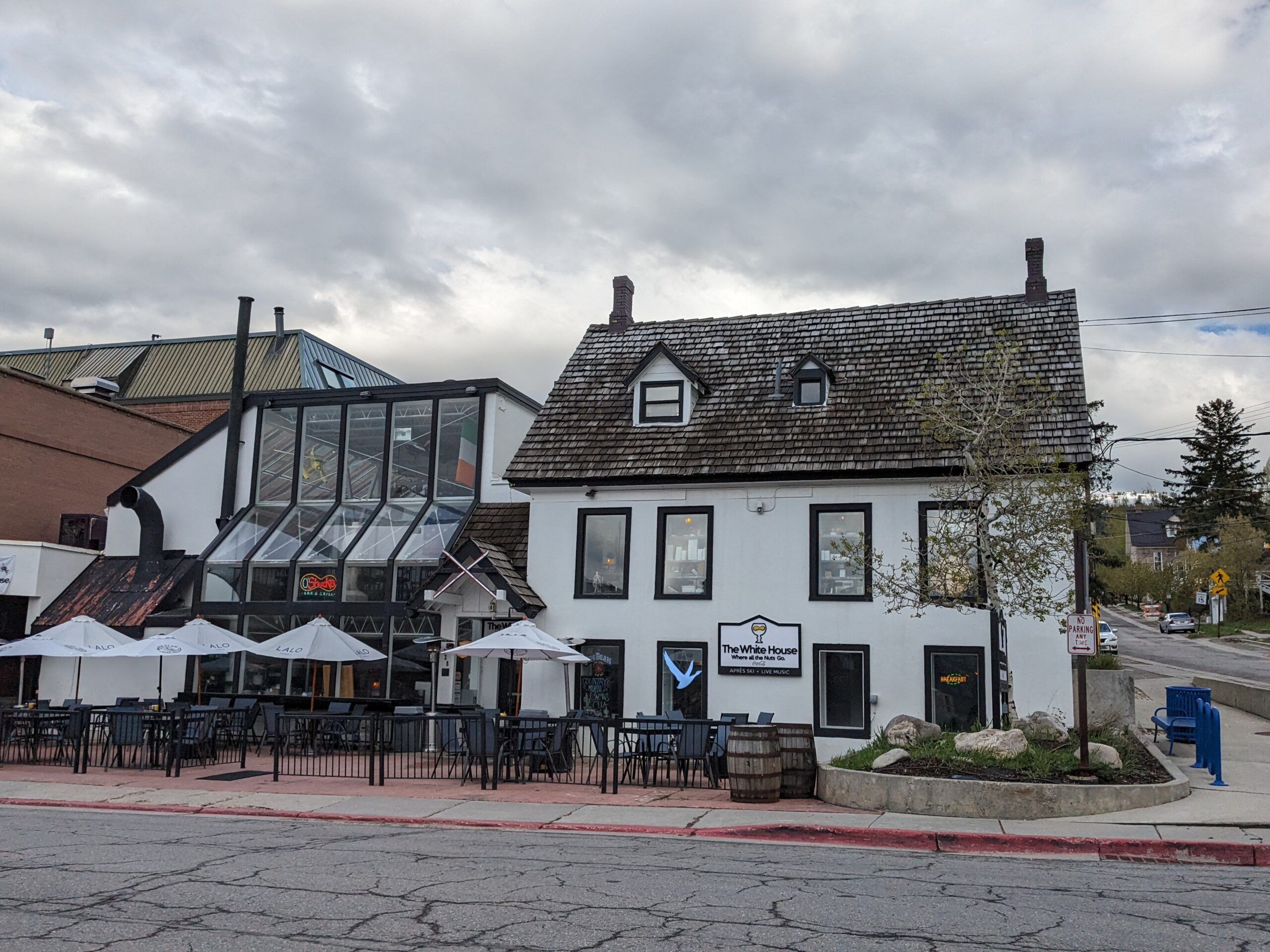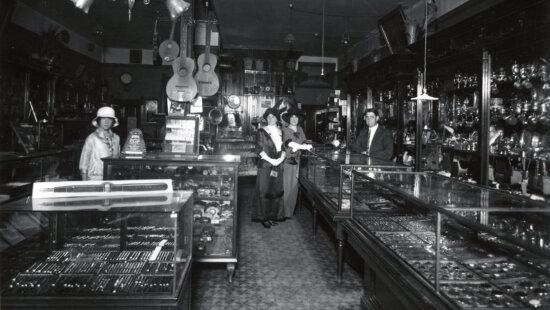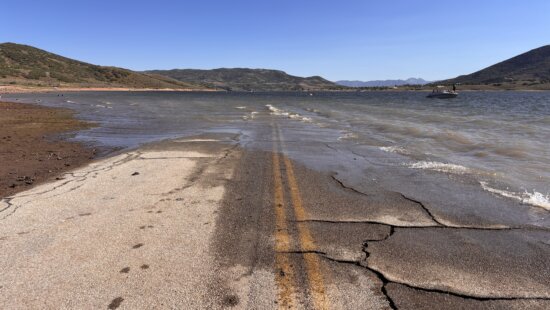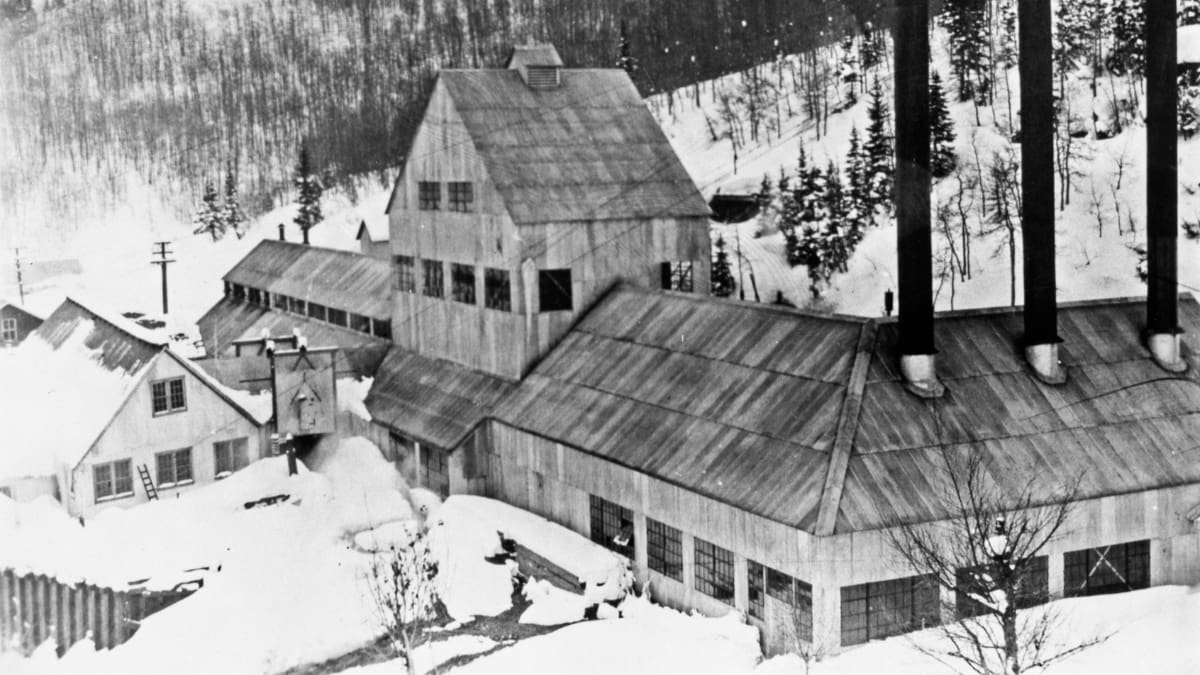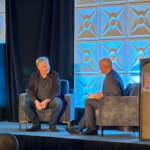History
The White House: How 628 Park Avenue became a Park City icon
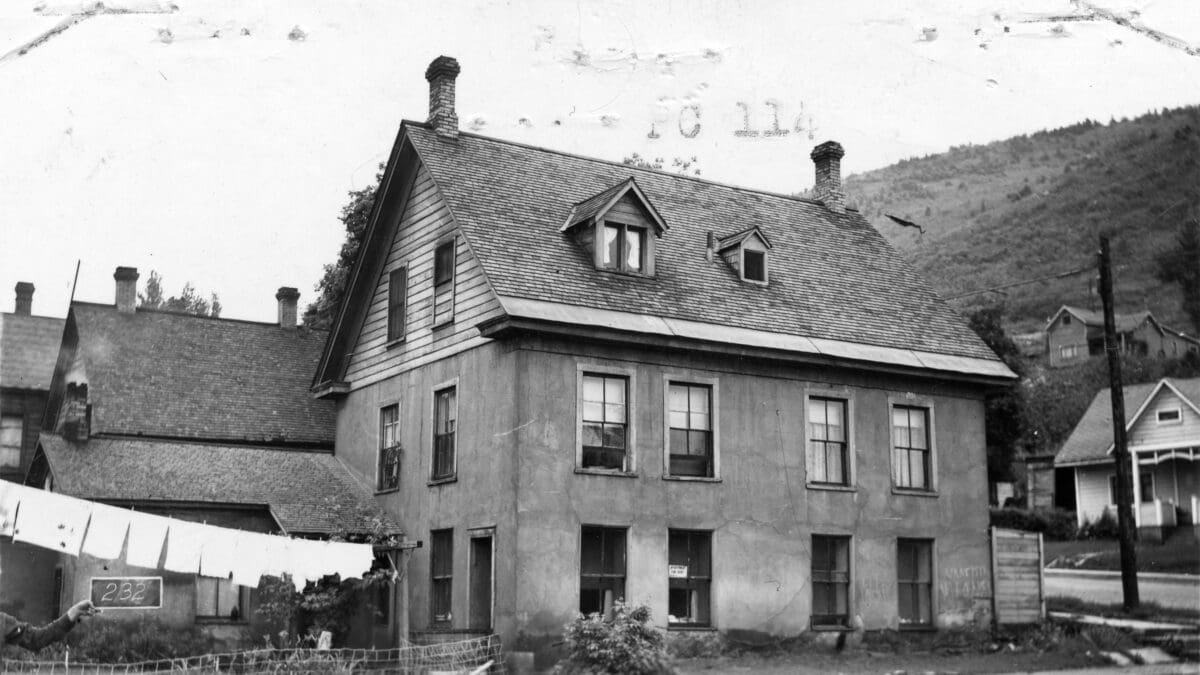
628 Park Avenue in 1940s Photo: Park City Historical Society & Museum, PCHS Tax Photo Collection
The building now features a patio for music, a full-sized stage upstairs, and a green room for bands as it is re-imagined as O'Shucks - The White House
PARK CITY, Utah — The building at 628 Park Avenue stands as a testament to the rich history and resilience of Park City. Constructed in the 1880s, it was one of the first buildings in town made of concrete, a choice that helped it withstand several of Park City’s devastating fires during the years of 1882, 1885 and 1898. Among these, the fire on June 19, 1898, was the worst, ravaging the commercial district but seeing the town recover in just 18 months.
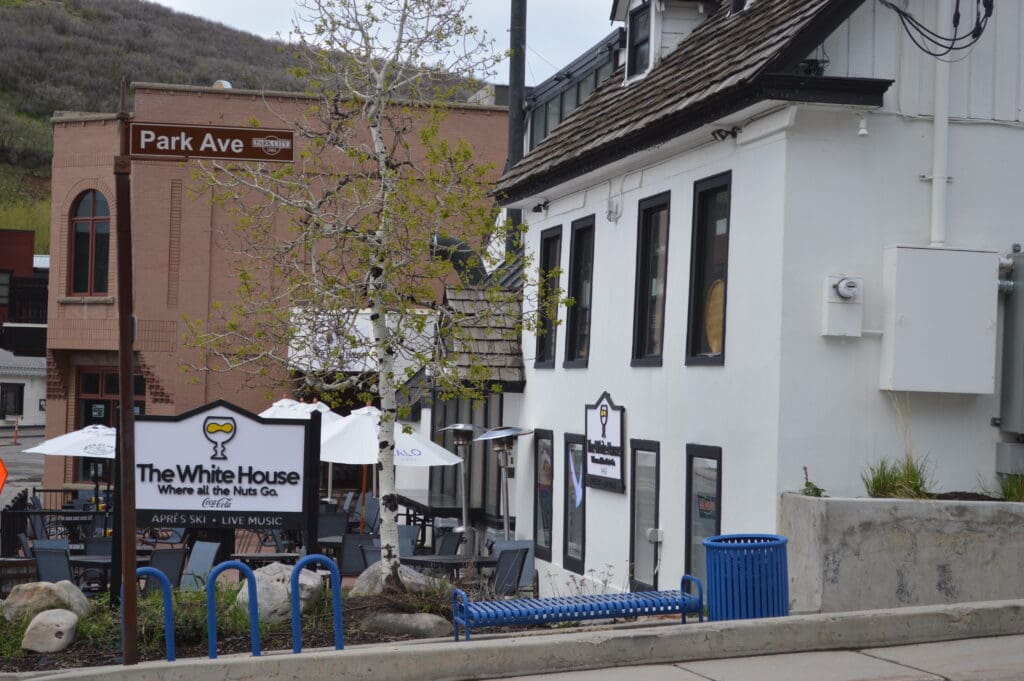
Over 50 years as a boarding house during Park City’s mining era
In its early years, 628 Park Avenue operated as a boarding house owned by John and Mary Harwood, who rented rooms to boarders primarily working in non-mining businesses. After a law in 1901 allowed single miners to live outside company housing, the building continued to serve as a boarding house and apartments through at least 1957.
Another 50+ years during Park City’s ski town era
The 1950s saw Park City on the brink of becoming a ghost town. United Park City Mines Co. applied for and received a federal low-interest community economic recovery loan to develop a ski resort, bringing new life to the area. When Treasure Hill Ski Resort opened, 628 Park Avenue transformed into one of Park City’s first ski shops.
Matt Alvarez bought the property and, in 1965, opened the Timberhaus Ski Shop, coinciding with the launch of Treasure Mountain Ski Resort (now Park City Mountain) in 1963. He turned the lower level into retail space, lived upstairs with his family, and provided employee housing on the second floor. In 1973, an addition with a greenhouse-style window was built, marking a new era for the building.
Timberhaus operated until 1985, after which Matt Alvarez sold the property in 1988. The building then housed Bahnhof Sport in 1986 until it moved to Main Street.
Changing gears to keep up with Park City’s growth
As Park City grew into a world-class ski resort, 628 Park Avenue adapted to the changing times. The building hosted a series of businesses and, during the Sundance Film Festival, served as a lounge for Airbnb. It also attracted various restaurants and bars, including The Blue Iguana, which later moved to Main Street.
On Dec. 30, 2016, Church Public House opened but lasted only a year. The building then endured several years of neglect before its latest transformation.
Ready to shine during Park City’s 21st century
In 2023, the Corrigans leased the building and opened O’Shucks – The White House, revitalizing the space with a blend of historic charm and modern amenities. The building now features a patio for music, a full-sized stage upstairs, and a green room for bands. This marks the first time a business has moved from Main Street to 628 Park Avenue, signaling a new chapter in its storied history.
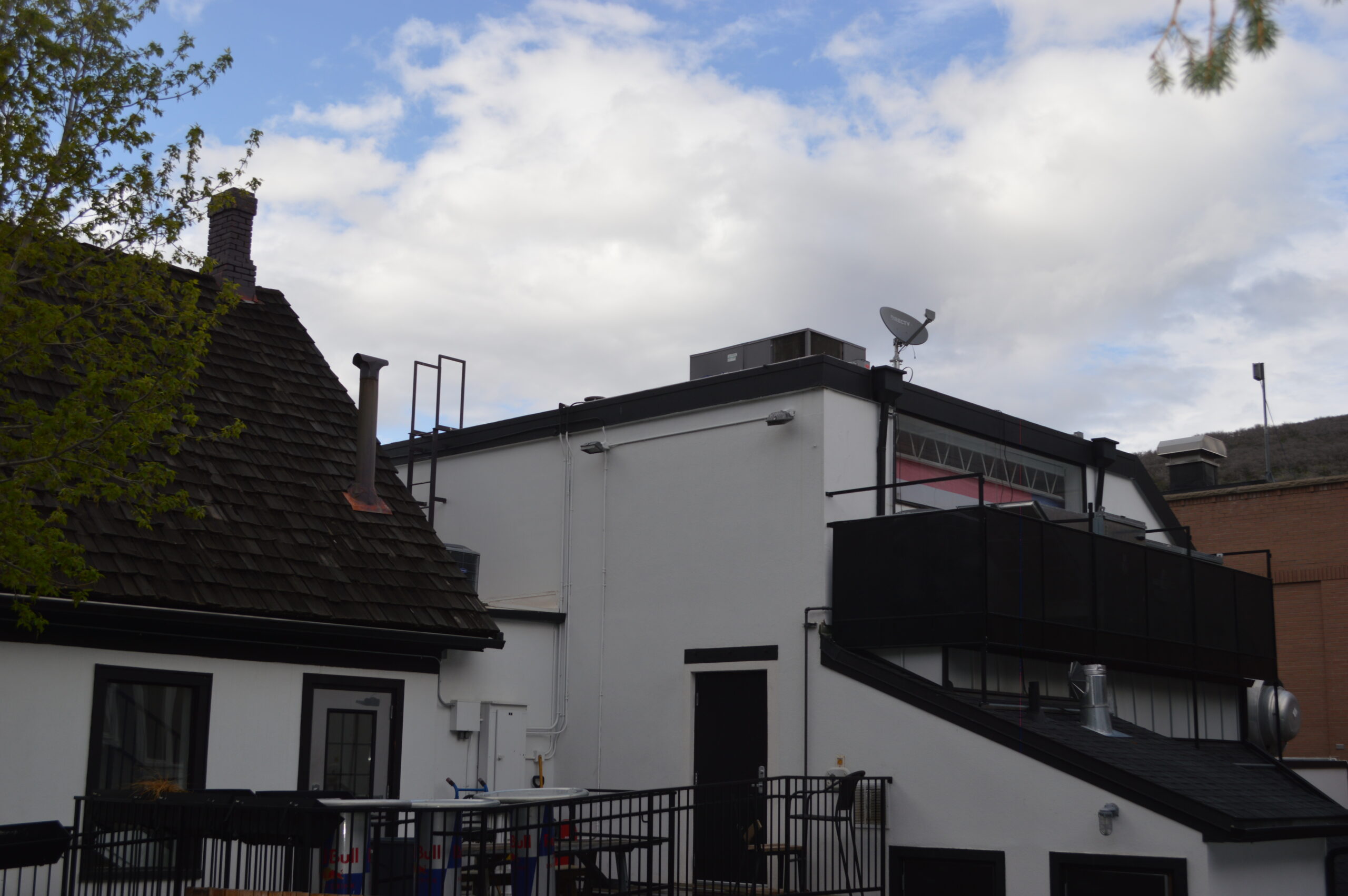
In discussing the building’s history, Bruce Corrigan addressed rumors, including one about the building being haunted or cursed due to an alleged Native American burial ground beneath it. Corrigan dismissed these claims, stating, “Never heard that one!”
The other rumor is that O’Shucks on Main Street will become a Green Room for The Marquis. Corrigan replied, “I have heard that rumor too.”
While Native American hunters frequented the Park City area since 1600, no evidence of burial grounds have been reported at 628 Park Avenue.
A history of luck and success
The White House has been around as long as the city itself. With historical lengths of time spent in both the mining and ski eras, it is on its way to now anchoring itself in what appears to be the festival era.
